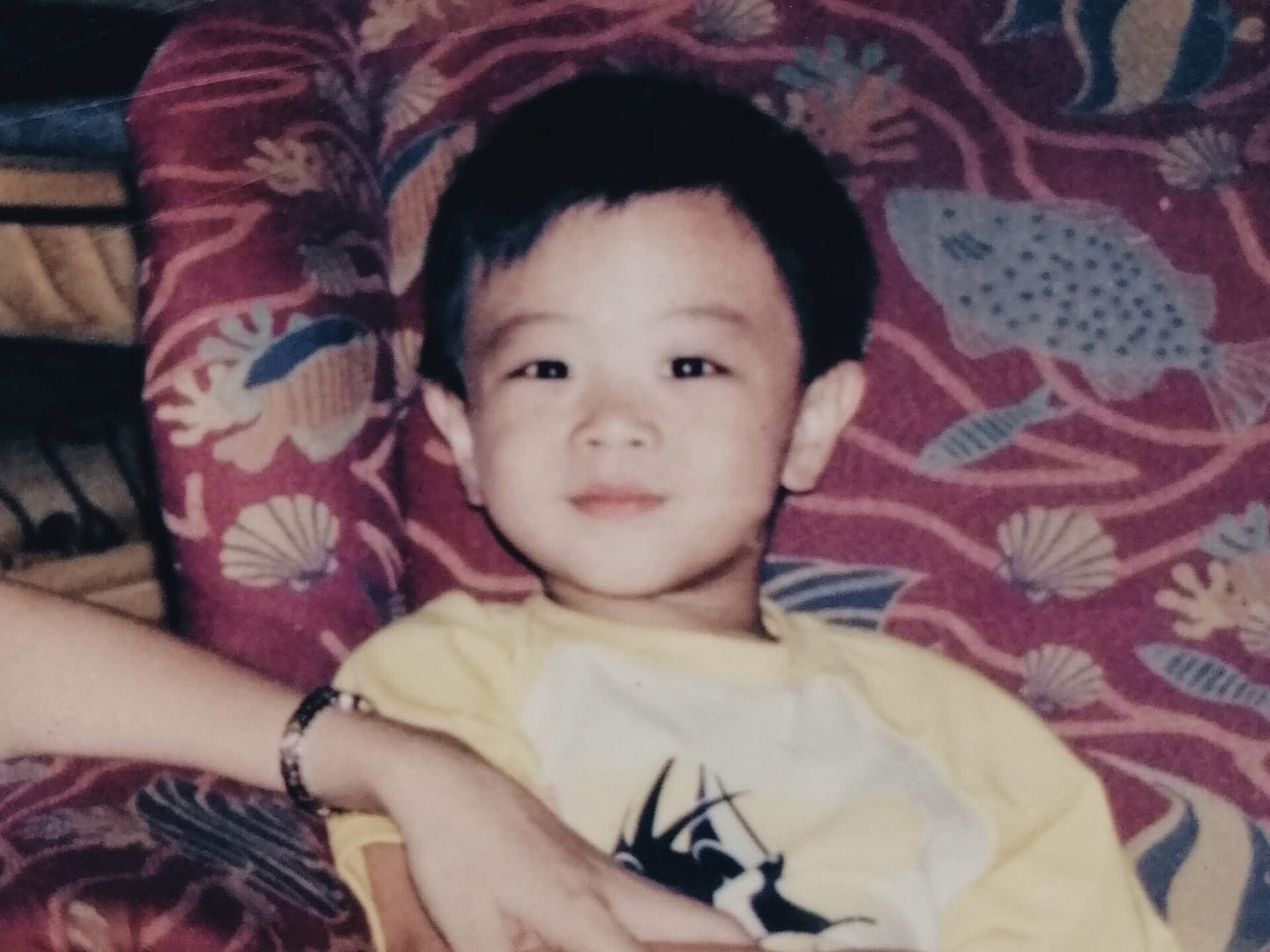I may have (almost) killed off “Jamjam” by keeping “Kevinn” alive. Of course, they are the same person—metaphysically speaking. But also, not really.
I remember the days when I would introduce myself with, “Hi, I’m Kevinn. But you can call me Jamjam.” It was a convenient ice breaker, an easy opening line that carried a hint of vulnerability, just enough to invite a follow-up question. As expected, the other person would be slightly confused. “Huh?” They would ask with a curious smile.
However, after living in Beijing for the past two years, I’ve almost entirely let go of this introduction. I would introduce myself with my Chinese name instead, as one does in China. And gradually, this has bled into conversations with new English-speaking friends.
If you know me as “Jamjam” then you know me from before an imaginary point in the timeline, one I could no longer pinpoint, at least not exactly.
A few weeks ago, a few friends from high school and I started this weekly ritual —we called it Saturday Stories, where we would send weekly video updates to each other in the group chat (it was inspired by Wednesday Waffles, but we’re not great with calendars). One of my friends mentioned me in her update, and I remember hearing “Jamjam” and feeling something stir.
It was a strange feeling—somewhere between foreign and familiar. While I’ve seen the name many times on messaging apps, it’s been a while since I actually heard it spoken out loud.
I’ve been thinking about belonging lately. To belong is to be fully one’s self in the presence of another—to show up with all the raw emotions and all the mess that come with it.
One of the reasons why I have always felt like I belonged at home was because my parents were always tolerant of my emotions growing up. Of course, there was the occasional scolding. But for the most part, my short temper was welcome, my constant overthinking was validated—and even empathized with. I have my parents to thank for this.
People would often ask me, “Where did the nickname Jamjam come from?” The lazy response was, “I don’t know, you should go ask my mom.” If I was in the mood for it, I’d say, “It started when I was just born, still in the baby ward of Iloilo Mission Hospital. When some of my parents’ friends texted them to ask the new baby’s name, and they simply answered ‘Jamjam.'” So really, it’s as legit as my legal name.
In recent years, I’ve been guarding that name like it was reserved only for those who ventured deep enough within the walls I had unconsciously built. But a wall that’s impenetrable from the outside is just as solid from the inside. No way in for the world, no way out for me.
What are the implications of losing a name? Okay, “lose” might be a bit much. Deprived, maybe. No—endangered. I didnt feel it at first. But after a couple of years, questions began to float upwards from some mysterious space in the depths of my mind. Who actually knows me? Where do I even belong? In whose presence am I most myself?
The more I think about this, the more I am understanding that the name isn’t the root but a mere manifestation of something deeper. I used to be so good at vulnerability. It’s a muscle, I guess. Leave it untrained for long enough, it weakens—or in the case of openness and vulnerability, it tightens and hardens.
It’s fear, I suspect. Fear of being judged. Fear of rejection. Fear of abandonment.
But in this realization, I’m also reminded of my agency to choose—where I belong, how I present myself, introduce a name, reveal an emotion. Lately. I’ve made the habit of choosing not to choose at all, and in doing so, avoidance wins by default.
I was listening to Joe Hudson guesting on Modern Wisdom the other day. He said, “People don’t want you to be perfect, what they want is to be connected with you.” Something to keep in mind moving forward.

